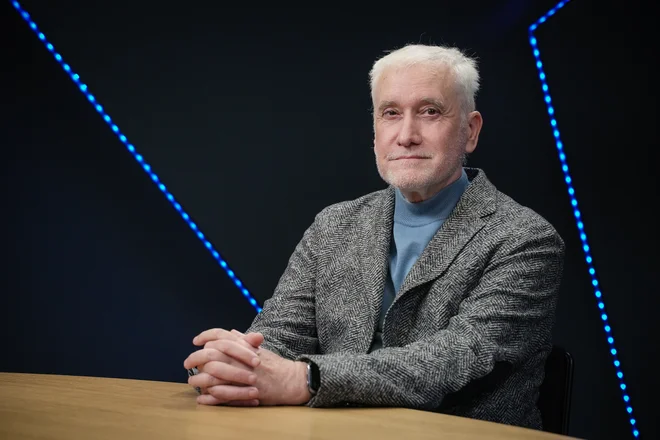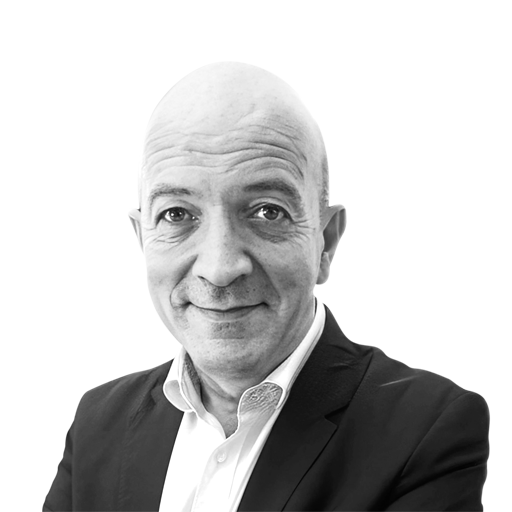A happy childhood leaves physical traces on the brain

What separates us from all other living creatures? What allows a person to go to the moon and think about the meaning of existence? « The answer lies in our brains, » says the neurologist prof. dr. Zvezdan Pirtošekwho « In the outpatient clinic with dr. Eagles « Explaining why the brain is one of the greatest wonders of science and philosophy.
He deals with the brain as the head of the Department of Neurology in Ljubljana and the President of the Trepetlika Society, who combines patients with Parkinson’s disease. The name of the society is derived from a tree whose leaves are shaking without wind – a symbol for shaking at rest, characteristic of this disease.
The role of the brain throughout history has long remained unreasonable – the old Egyptians even removed them as irrelevant when mummified. Only the Greeks, especially Hippocratesthey began to understand them as a seat of soul. A real scientific breakthrough, however, occurred only in the 20th century with a description of Alzheimer’s disease in 1905.
Surprisingly, the size is not crucial: “We stand out either by weight or by wrinkling. We stand out by the fact that we have about 87 billion nerve cells – each has up to 10,000 connections, « explains Pirtošek. The key is in the rapid development of the anterior part of the brain, which allows ethical self and abstract thinking.
But the brain is not static. « A picture of two four -year -old children – one beloved, the other neglected – shows huge differences in the structure of the brain, » he points out. And an example of Einstein? After his death, he was analyzed by his brain and found out heavily developed parts for space – logical, he was a physicist – and movement – he was also a violinist.
Life shapes a brain. Playing violin, a happy childhood – all this leaves physical traces.
The digital age brings new challenges. “The structure of the brain does not change significantly, but functional architecture is. Today’s teenagers process information differently, « he says.
The key to human peculiarities is in the rapid development of a particular part of the brain: “The front of the brain develops very quickly – this is part that abstractly thinks, concludes, creates ethical self. This part has evolved faster than our ancestors, even faster than in Neanderthal, « the professor explains.
“Science shows that a lifestyle change could reduce the incidence of dementia by 40 percent.” Photo Marko Feist
Despite this advanced function, the brain – paradoxically – is reduced in the last tens of thousands of years. « We have lost our brain tissue tennis ball, » says Pirtošek. Pessimists see this as a sign of degeneration of the species, and optimists as a transition to greater efficiency: « Perhaps this is an example of a government that has fewer ministries but acts more effectively. »
Due to injuries (eg stroke), the brain has a limited ability to recover. But there are neurogenesis (new cell formation) and neuroplasticity – the ability to establish new connections. « Any new information can trigger the growth of a new outgrowth that connects with another, » he explains.
Life shapes a brain. Playing violin, a happy childhood – all this leaves physical traces.
What about aging? The brain is naturally aging, but diseases such as Alzheimer cause pathological changes. Medicines exist, but often discontinued.
It is important to prevent: « Scientific evidence shows that a lifestyle change could reduce the incidence of dementia by 40 percent. »
Pirtošk’s recommendations for a healthy brain:
Movement: The brain is the organ of movement. At least 30 minutes of walking a day.
Learning: Foreign language delays dementia for almost five years.
Avoiding chronic stress: Continuous cortisol destroys cells, especially in the hypocampus.
Quality sleep: seven to nine hours a day.
Social involvement: Loneliness accelerates walking.
Nutrition: The Mediterranean diet has a protective effect.
And finally: the brain is not an organ we have once and for all. They are alive, change – and we can protect them to some extent.






